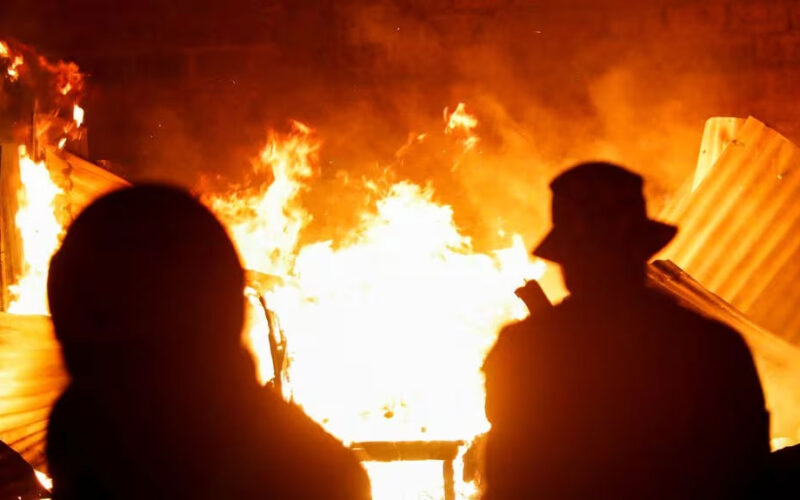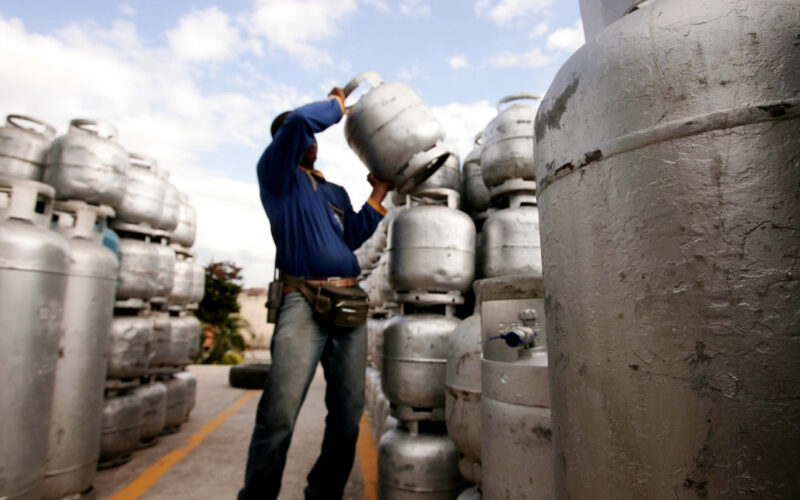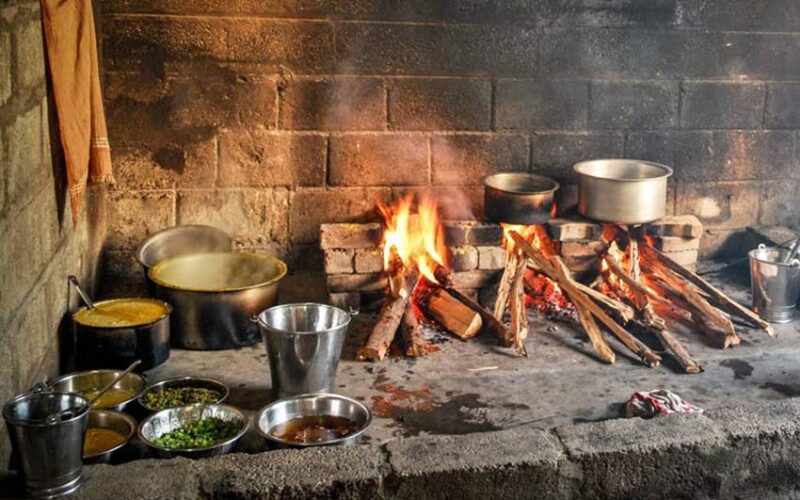
Kenya gas truck explosion torches Nairobi cylinder depot, kills 3
A gas truck exploded in Kenya's capital Nairobi, sending a huge fireball into the night sky and causing a blaze that killed at least three people and injured 300, authorities and first responders said. Residents in a nearby building screamed as a column of flame shot hundreds of feet into the air just before midnight, briefly forming a mushroom cloud, a video posted on social media and verified by Reuters showed. The government said three people had died in the explosion at a gas refilling plant and 280 more were being treated at hospitals around Nairobi. The Kenyan Red Cross…


